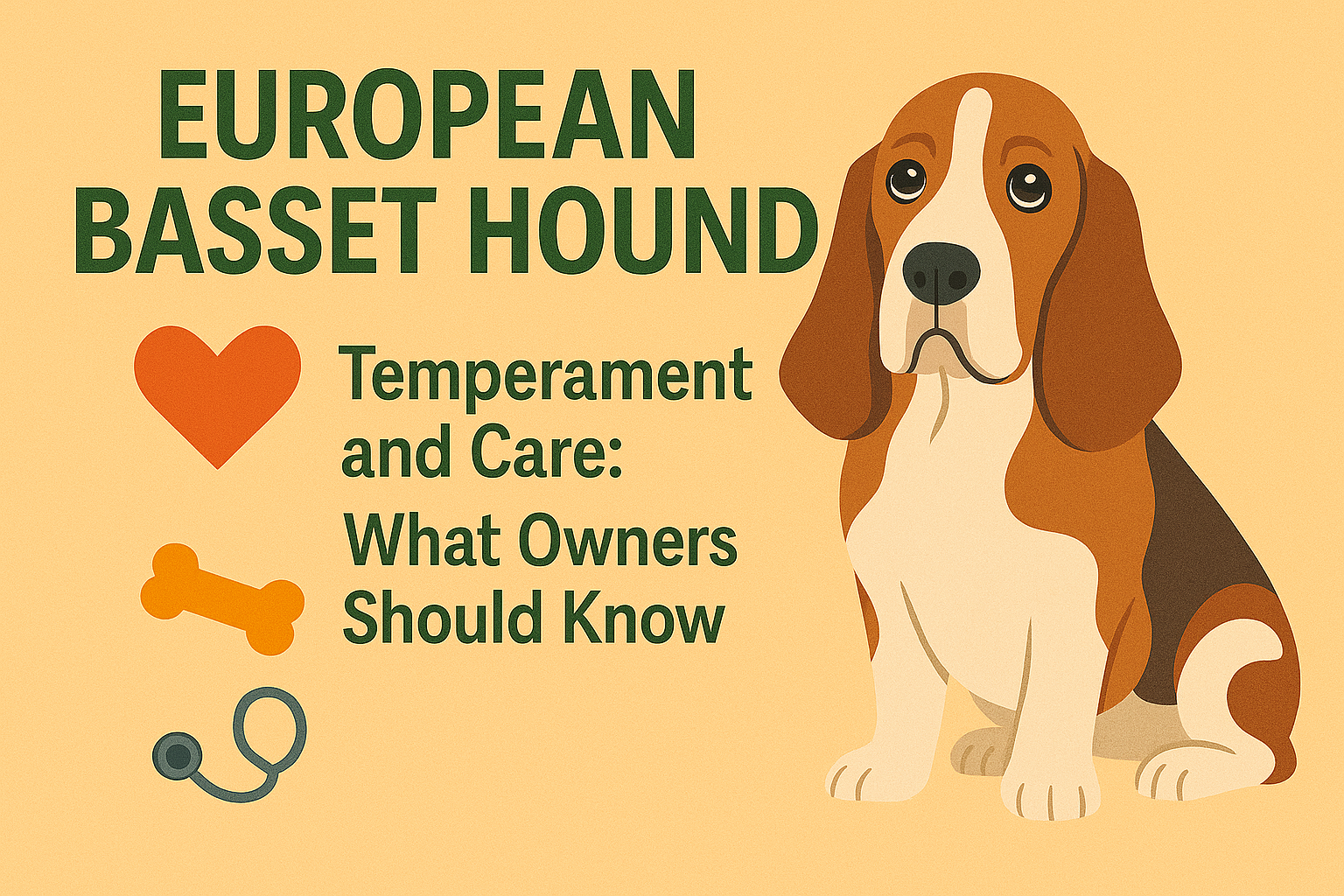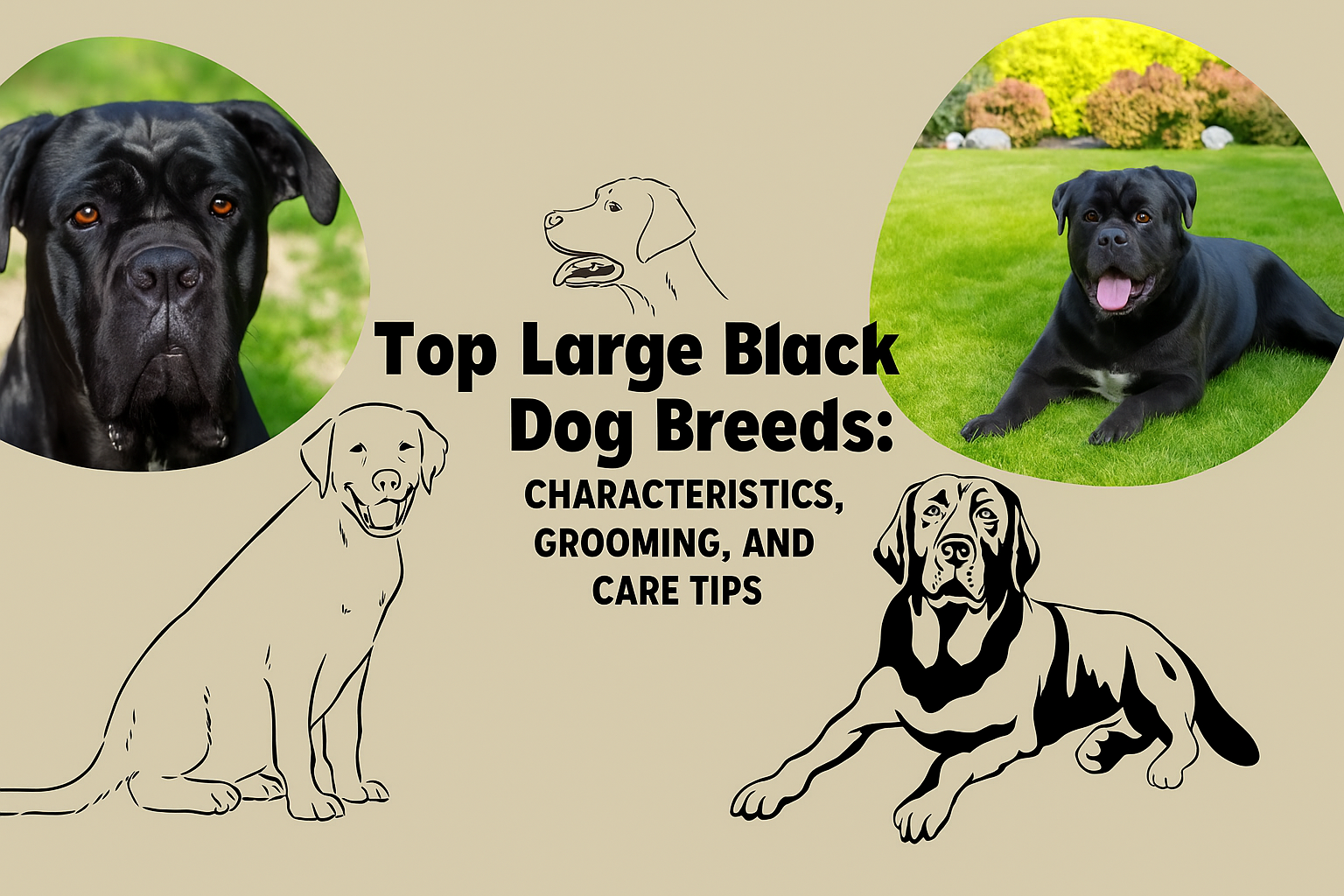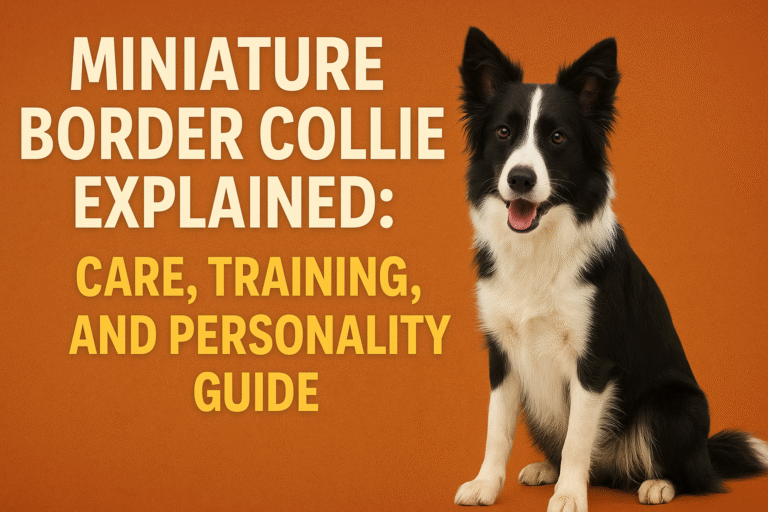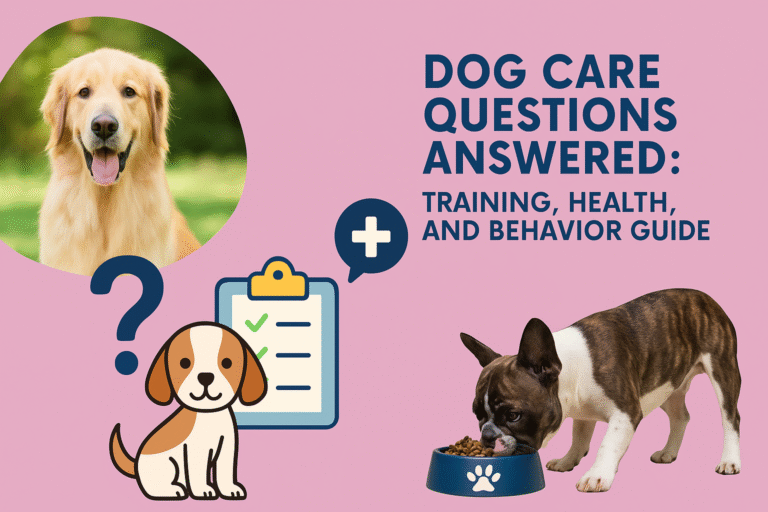European Basset Hound Temperament and Care: What Owners Should Know
The European Basset Hound is not only a cute, droopy-eared puppy with baby eyes—it’s a kind-hearted person with a loving heart and wonderful companion. Loved for their mild temperament and good nature, the hounds make excellent family pets. But if someone wants to keep them as pets, then he or she must be careful about their special needs, care and also training.
In this guide, we’ll explore everything from their personality traits and exercise needs to grooming routines and health concerns, so you’ll know exactly how to give your European Basset Hound the best life possible.
What Makes the European Basset Hound Unique
A Brief Overview
European Basset Hound is short-legged, long-bodied tracking hound with a nose that follows a trail second only to the Bloodhound and was originally developed to track small game like rabbits. Its nose is sophisticated enough to track a trail second only to the Bloodhound, and thus it is a superior tracker.
Physical Characteristics
- Height: 11–15 inches at the shoulder
- Weight: 40–65 pounds
- Body: Long and muscular with loose skin and folds
- Ears: Long, velvety, and often trailing along the ground.
- Coat: Short and dense, but water-resistant
European Basset Hound Temperament
Friendly and affectionate
European Basset Hounds are much famously known to be laid-back and patient. They love being around humans and love being included as a member of the family group, whether curled up on the couch or being walked around the park.
Quiet but Loveable
While they are not high-energy dogs, there is playfulness within them—most notably when they have caught a scent that they want to follow.
Their hunting heritage includes a touch of independence, and the implication is that at times they will balk at jumping straight to the mouth command. This behavior isn’t stubbornness; it’s simply a tendency guided by their sense of smell.
Tending a European Basset Hound
Food and Diet
Feed them nutritious food in a bid to keep them in good shape and not obese:
- Cut back on treats
- Divide meals into half day to ease digestion
Grooming Routine
Despite their brief coats, they will require grooming:
- Brush once a week to shed loose fur and spread skin oils
- Clean and dry their ear canals weekly to help prevent infections.
- Daily face fold cleaning to avoid skin irritation
- Clip nails frequently to avoid pain
Exercise Needs
Basset Hounds may seem lazy, but they need daily exercise to stay healthy.
- 30–45 minutes of daily normal exercise
- Leisurely walks to allow time to work on smell
- Avoid overexertion, particularly in hot weather
Health Problems
Common Health Problems Shared by Many
- Ear infections (due to long ears)
- Hip dysplasia
- Elbow dysplasia
- Weight problems
- Bloat (gastric torsion)
Prevention Methods
- Keep them at healthy weights
- Make regular vet visits a priority
- Check ears and skin for early signs of infection
Training Your European Basset Hound
Start Early
Socialization and basic obedience need to be commenced at puppyhood to introduce good behavior.
Positive Reinforcement is Most Effective
Reward desired behavior with praise, affection, and treats.
Patience is Paramount
They are harder to train due to being independent, so short frequent training sessions are best.
Keeping European Basset Hound as a pet
Most suitable for Families
They love children and are fairly tolerant of other animals.
Adaptable Living Arrangement
They like to go out, but they are happy in an apartment provided that they are exercised daily.
Low Bark but Low Howl
They bark scarcely at all, but when they do, their howl is deep and very low-pitched.
Advantages and Disadvantages of Having a European Basset Hound
| Pros | Cons |
|---|---|
| Friendly and affectionate nature | Issues eating too much |
| Good with children and other pets | Wont be trained |
| Low grooming maintenance | Ear and skin back |
| Even-tempered and changeable | Can follow scent trail and stray |
Tips to Keep Your European Basset Hound Happy
- Offer scent games to build tracking ability
- Offer them calm, persistent training instead of ferocious corrections
- Don’t let them off-leash outside to avoid smell leaks
- Give them sufficient love—happy to stay near people
Last Thoughts
European Basset Hound is a friendly, sweet and affectionate companion who would settle into most homes very quickly. They need to be attended to often enough, particularly their skin and ears and to keep them at their ideal weight, but they return the love with pure loyalty and charm. Your patience, routine, and proper care with a little bit of it will turn your Basset Hound into a lifelong loyal companion.
FAQs
Q1: Are European Basset Hounds energetic dogs?
Not especially, but they need a daily walk for normal exercise to keep in good condition.
Q2: Are they compatible with kids?
Yes, because they are friendly and gentle, hence a perfect pet for the entire family.
Q3: How frequently should I clean their ears?
At least once a week, depending on whether they’ve been outdoors.
Q4: Do they shed excessively?
They lose at a consistent, moderate rate year-round and more so at the times of shedding season.
Q5: How long do they live?
Typically 10–12 years if cared for properly.
Q6: Are they easy to train?
They are simple to train with patience and reward but, yes, stubborn.







